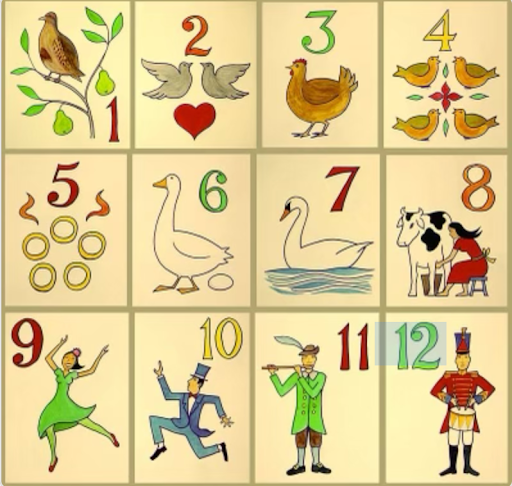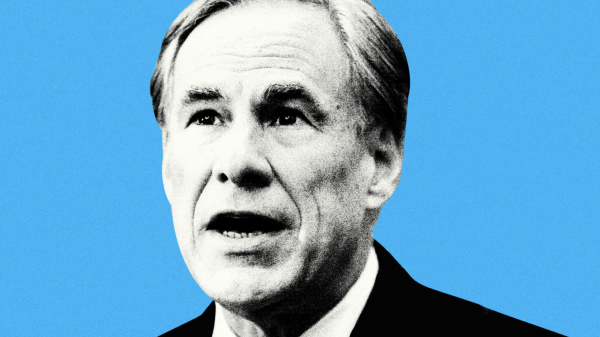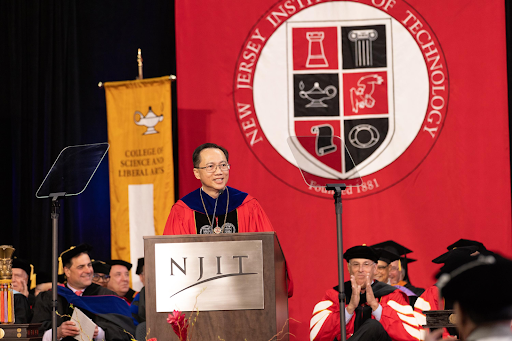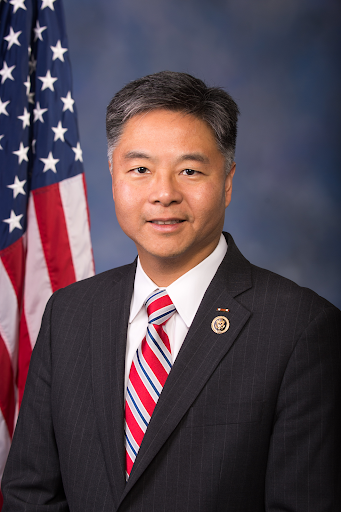An Anticipated Race Like No Other: the 2020 Election
April 10, 2019
From college students, to Hollywood actors, to political figures such as former
president Barack Obama, many found the idea of a Trump presidency to be ludicrous
and expressed no doubt that the former Senator of New York would clinch her greatest
achievement of being Commander in Chief; after all, most news organizations and polls
such as Reuters gave Hillary Clinton odds of between 75 and 99 percent of winning the
election. But in one of the most stunning upsets of the twenty first century, Republican
Donald Trump defeated Clinton in 2016 and became America’s 45th president. With
President Trump’s first term being over halfway through, many have posed the
question: what awaits within the 2020 election, and who will emerge as the top
contenders?
2016’s election displayed a variety of characters on the political spectrum, including
the businessman Donald Trump, former Senator and First Lady Hillary Clinton, the
Democratic Socialist Senator Bernie Sanders from Vermont, and Conservative Senator
Ted Cruz from Texas. Although several of these names will make a probable run for the
presidency in the future, many other politicians have entered the race and are poised as
threats.
Familiar names in the race consist of former Vice President Joe Biden, who has not
officially declared his candidacy but has dropped hints since leaving the White House in
early 2017. Hillary Clinton announced on March 4th that she would not be running due
to her various failed attempts; however, many have speculated this to be untruthful due
to her past of persistent campaigning. 2016’s runner-up in the Democratic party, Bernie
Sanders, announced that he would be running. Appealing to younger generations,
Sanders has passionately discussed his key goals of “redistributing wealth, fighting
inequality, and creating a bigger social safety-net” [1]. Despite his old age of 77 years,
Sanders’s experience from the 2016 election and socialist views will likely garner him
more popularity in 2020. Aidan Wiehe ‘20 asserts that “Sanders is a very strong
candidate based on his support from younger aged-groups and the far Left.” However,
Sanders may be thwarted in his path to the presidency by much younger, fresh-faced
Democrat candidates that have entered the race.
Certain Democratic candidates such as New York Senator Kirsten Gillibrand, former
Representative Beto O’Rourke, Massachusetts Senator Elizabeth Warren and California
Senator Kamala Harris have all officially announced their 2020 campaigns. While most
of these candidates agree on key issues within the Democrat party such as women’s
rights, gun control, climate change, education, and immigration, they have all differed in
their exposure to the spotlight of the political spectrum. Gillibrand and Harris campaign
heavily on their physical attributes and the issues associated with them, such as
Gillibrand being a woman and Harris being an African American woman; in fact, Harris
officially entered the race on the holiday of MLK’s birthday, in a nod to her historic run
for the White House [2]. Being infamously called “Pocahontas” by President Trump,
Senator Warren has also garnered a lot of attention for both her handling of her Native-
American heritage DNA test-reveal and her views on inequality and taxing the wealthy;
with her campaign being kicked off in early February, Warren will look to make a deep
run into the 2020 election. Another key name in the race includes Beto O’Rourke, who
narrowly lost to Senator Ted Cruz in Texas in the run for the Senate. O’Rourke found a
huge following among younger people and college students in his state during the
midterm elections, and despite his loss, he has shown certain skills such as having a
significant stage presence and addressing Trump supporters, who according to
O’Rourke, “are every bit of deserving of my attention, of being listened to, of being
fought for, of being served, even if they didn’t vote for me” [3]. With many new and old
faces to politics, this Democratic race will prove to be more diverse and livelier than
those that ran in 2016.
As for the Republicans running, President Donald Trump has announced since
his inauguration in 2017 that he would be running again in 2020. Following his victory in
2016 with wins in major states such as Ohio, Florida, Pennsylvania, and Wisconsin,
Trump has been heavily involved with key issues to his supporters such as working to
improve the American economy and building a border wall between the U.S. and
Mexico. Currently, the President has an approval rating between 35-40 percent, and
many do not question that he will run a strong campaign to secure the Republican
nomination once again [4]. Another Republican that has announced to run in 2020 is
William “Bill” Weld, who ran as the Independent Gary Johnson’s Vice President in the
2016 election. Weld has regularly criticized President Trump, even calling him
“unstable.” A win of the nomination could be possible but seems highly unlikely with his
varying political beliefs and rocky relationship with the GOP. Other Republicans that
have not ruled out running include Maryland Senator Larry Hogan (a generally
Moderate Republican) and John Kasich, who famously ran for the Republican
nomination in 2016 and spoke out against Trump before ultimately losing to him.
Regardless of the outcome of the actual election, many can agree that 2020 will
consist of much younger, more diverse candidates than those that were seen in 2016.
This may in effect cause younger generations that would normally not vote in
presidential elections to come out and support younger candidates. Eliana Lazar ‘21
argues that “people who have seen the effects of this recent presidency will become
more involved and will change their past votes and parties with newer candidates.” With
more candidates entering and contemplating a run in the upcoming year, this 2020
election will prove to be very engaging, engrossing and enjoyable with mixture of
hopeful prospects for the presidency.
[1]https://www.theatlantic.com/politics/archive/2019/03/2020-candidates-president-
guide/582598/
[2] https://www.nytimes.com/2019/01/21/us/politics/kamala-harris-2020-president.html
[3]https://www.theguardian.com/us-news/2019/mar/14/beto-orourke-enters-2020-
presidential-race-skills-support-challenges
[4] https://news.gallup.com/poll/203198/presidential-approval-ratings-donald-trump.aspx









